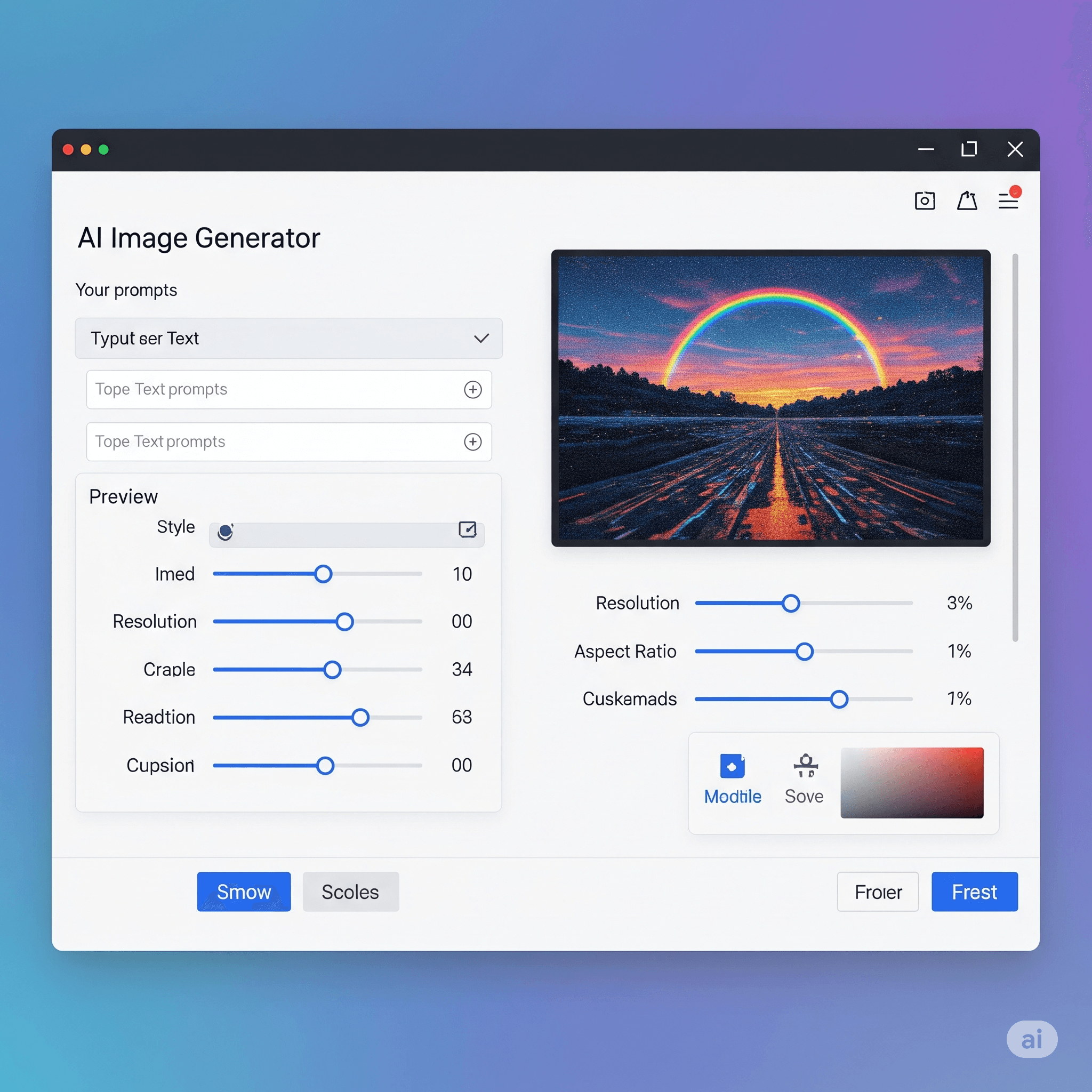Question: Arrange sequence of computer memory in increasing order of their size
Answer:
The sequence of computer memory in increasing order of their size is as follows:
1. Bit: The smallest unit of memory, representing a single binary digit (0 or 1).
2. Byte: Composed of 8 bits, a byte is the basic unit of memory used to store a character or a small amount of data.
3. Kilobyte (KB): Equal to 1024 bytes, a kilobyte is approximately a thousand bytes.
4. Megabyte (MB): Equal to 1024 kilobytes or approximately a million bytes.
5. Gigabyte (GB): Equal to 1024 megabytes or approximately a billion bytes.
6. Terabyte (TB): Equal to 1024 gigabytes or approximately a trillion bytes.
7. Petabyte (PB): Equal to 1024 terabytes or approximately a quadrillion bytes.
8. Exabyte (EB): Equal to 1024 petabytes or approximately a quintillion bytes.
9. Zettabyte (ZB): Equal to 1024 exabytes or approximately a sextillion bytes.
10. Yottabyte (YB): Equal to 1024 zettabytes or approximately a septillion bytes.
It's important to note that these memory sizes are based on the binary system (where 1 kilobyte = 1024 bytes), as commonly used in computing. In some contexts, particularly in marketing and storage device manufacturers' specifications, the decimal system is used (where 1 kilobyte = 1000 bytes), which can result in slight differences in reported sizes.
MCQ: Arrange sequence of computer memory in increasing order of their size
Explanation:
The sequence of computer memory in increasing order of their size is as follows:
1. Bit: The smallest unit of memory, representing a single binary digit (0 or 1).
2. Byte: Composed of 8 bits, a byte is the basic unit of memory used to store a character or a small amount of data.
3. Kilobyte (KB): Equal to 1024 bytes, a kilobyte is approximately a thousand bytes.
4. Megabyte (MB): Equal to 1024 kilobytes or approximately a million bytes.
5. Gigabyte (GB): Equal to 1024 megabytes or approximately a billion bytes.
6. Terabyte (TB): Equal to 1024 gigabytes or approximately a trillion bytes.
7. Petabyte (PB): Equal to 1024 terabytes or approximately a quadrillion bytes.
8. Exabyte (EB): Equal to 1024 petabytes or approximately a quintillion bytes.
9. Zettabyte (ZB): Equal to 1024 exabytes or approximately a sextillion bytes.
10. Yottabyte (YB): Equal to 1024 zettabytes or approximately a septillion bytes.
It's important to note that these memory sizes are based on the binary system (where 1 kilobyte = 1024 bytes), as commonly used in computing. In some contexts, particularly in marketing and storage device manufacturers' specifications, the decimal system is used (where 1 kilobyte = 1000 bytes), which can result in slight differences in reported sizes.
Discuss a Question
Related Questions
- 1. Which of the following is not TRUE?
- 2. What is Windows NT?
- 3. Which program is used to compress the big file into small file?
- 4. Brief Explanations about Oracle
- 5. How to delete files from the Recycle bin without storing in it?
- 6. Generally virtual memory is located at
- 7. from where you can change the mouse setting
- 8. Internet Explorer
- 9. Which key is used to close the Active Window
- 10. what is the default file extension of notepad
You may be interested in:
Computer Basics MCQs






